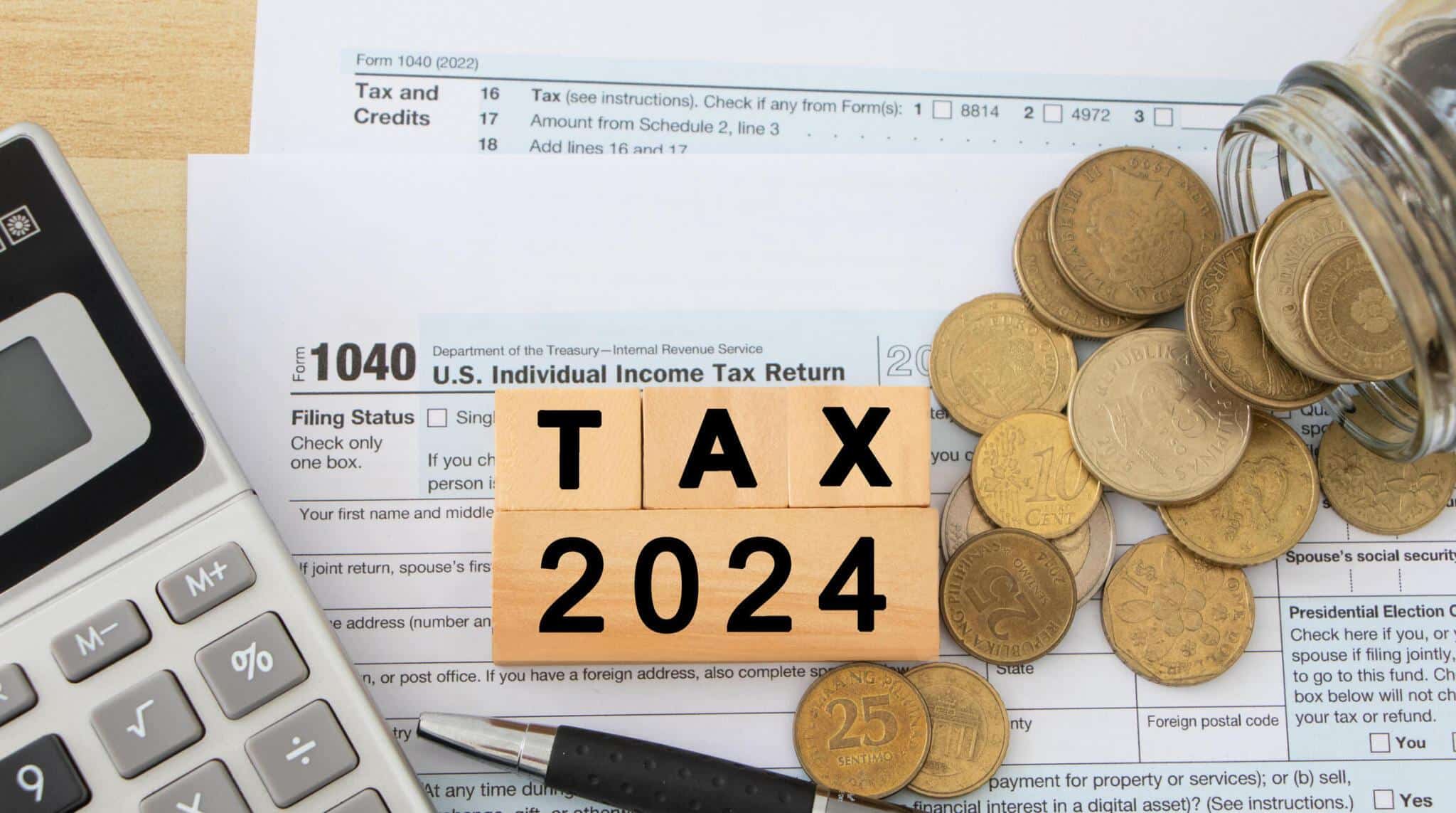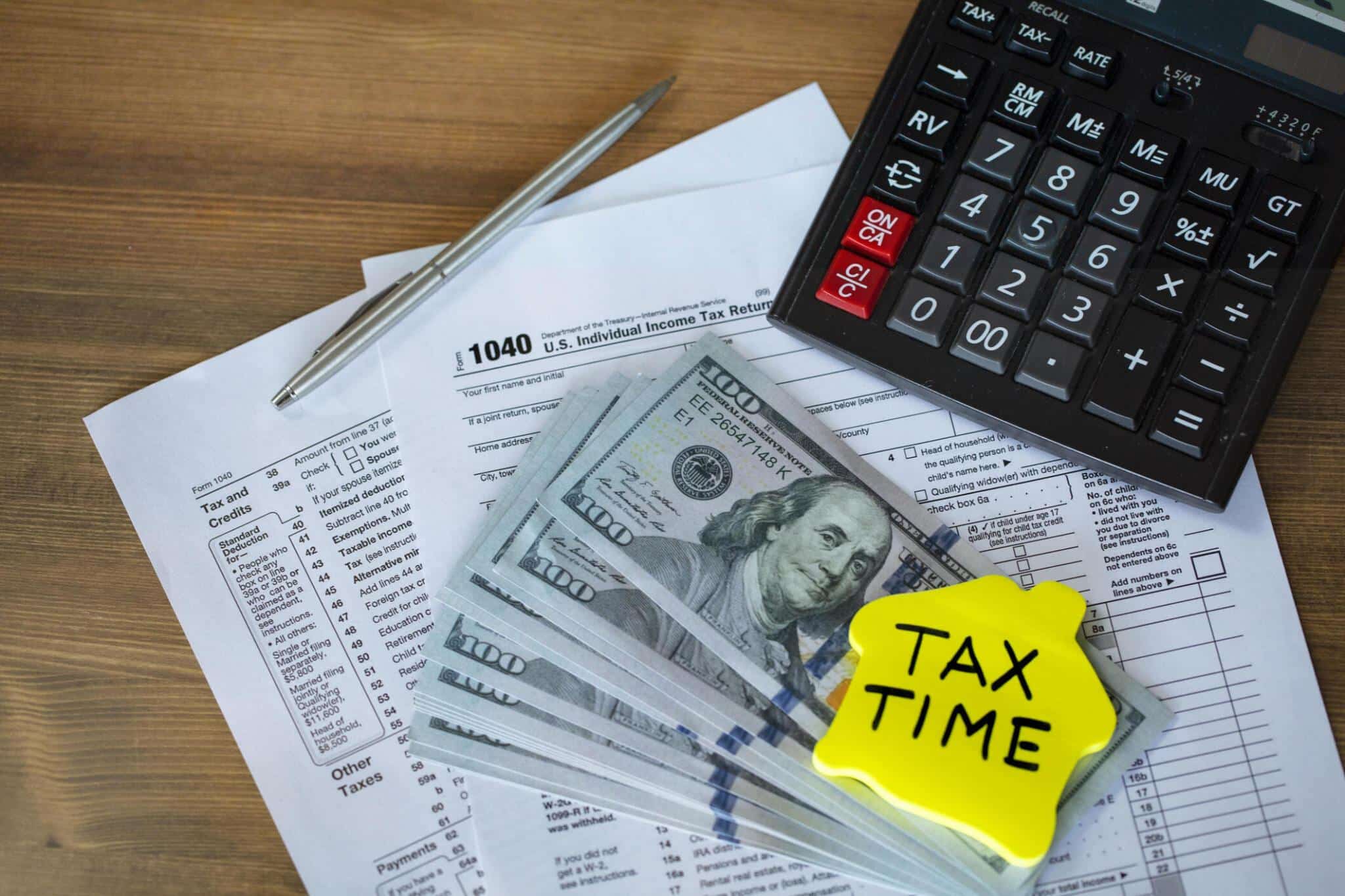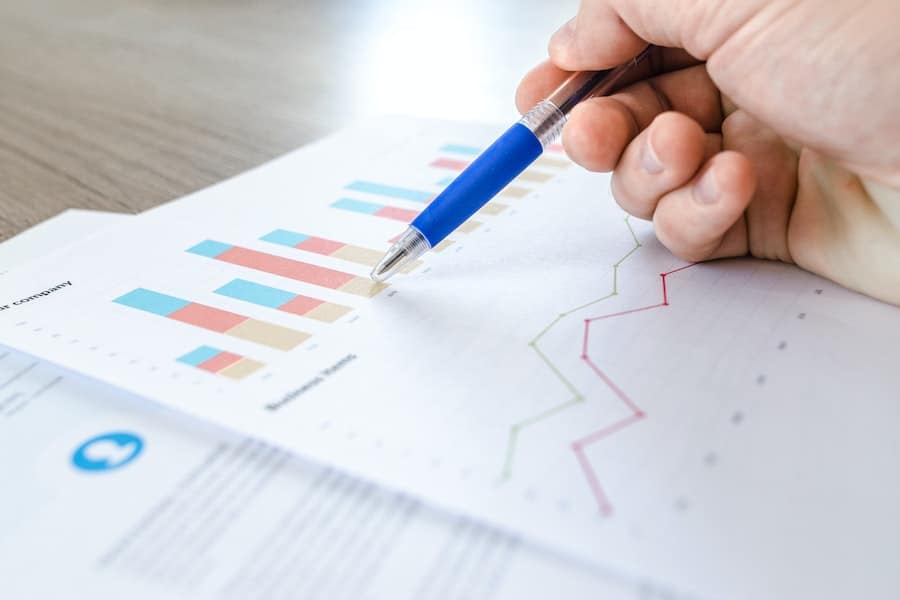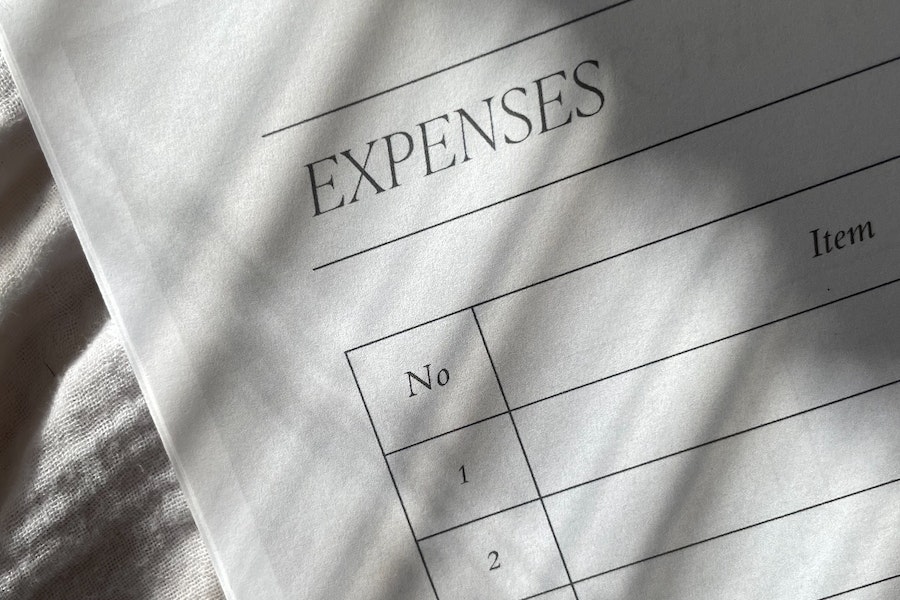During the pandemic, many Australians with desk-based jobs found themselves forced to work from home, in the interest of national health.
Working from home is something of a grey area when it comes to claiming expenses, particularly as it is not easy to separate personal from work-based costs. Usually, a tax accountant has been needed to figure out exactly how much can be claimed.
Over the last couple of years, because so many people were WFH, expense claims were simplified by the tax department. Now, however, the guidelines have changed.
WFH expense claim updates
During the pandemic, there was a fixed rate, which allowed people to claim WFH expenses at a rate of 80 cents per hour. There was also an all inclusive ‘shortcut’, which has now finished.
Using the flat rate meant people didn’t have to share specific details of every bill in order for their tax accountant to claim deductions.
As of the new financial year (starting in July 2022) this allowance has been reduced to 52 cents. This flat rate covers the cost of:
- Energy/electricity
- Home internet
- Phone expenses
- Stationery
- Computer accessories
It is still possible to make additional claims for larger items such as desks and office equipment (drawers, chairs, filing cabinets etc).
As shared on the ATO website, to use the fixed rate method, you must:
- incur additional running expenses as a result of working from home
- have a dedicated work area, such as a home office that you use when you work from home
- keep records that show the work-related portion of expenses not covered by the fixed rate per hour
- keep records of the number of hours spent working at home for the whole income year.
In terms of deductions, claims for the actual decline in value deduction for depreciating assets used at home are valid.
To clarify even further, if you are working from home at the same time as someone else, you can both claim deductions from the fixed rate method.
The changes reflect the fact that fewer Australians are required to work from home than they were when cities were under lockdown but takes into account that many office workers are now following a hybrid work model where they go to the office two or three days per week.
If you believe your electricity bill and the costs of working from home are significantly higher than a 52 cent per hour claim rate, you can speak to your accountant about a more itemised approach.
How to prove your WFH expense claims during the 2022/2023 financial year
To claim the work-related portion of your working from home expenses, your tax accountant will ask you for:
- a record of the number of actual hours you work from home during the income year or a diary for a representative 4 week period to show your usual pattern of working at home
- receipts or other written evidence that shows the amount spent on expenses and depreciating assets you buy
- phone accounts identifying your work-related phone calls and private phone calls to work out your percentage of work-related use for a 4 week representative period
- a diary that shows your work-related internet use
- the percentage of the year you use your depreciating assets exclusively for work.
If your work from home schedule is consistent throughout the year, you only need to keep a diary for four weeks. However, if your schedule changes, you’ll need to keep details throughout the year.
Beware of double dipping
If an employer contributes to home internet or work phone expenses, the employee should not claim the costs as a tax deduction.
In addition, the ATO has warned people against claiming the shortcut/flat rate deduction, then trying to itemise electricity costs and claim them again.
WFH: what you can’t claim
Employees who work at home can’t claim the following expenses:
- coffee, tea, milk and other general household items an employer may otherwise have provided at work
- related to children and their education – this includes setting them up for online learning, teaching them at home or buying equipment such as iPads and desks
WFH expenses if you’re self-employed
If you own, lease or rent property used for business purposes – whether commercial premises like a shop or office, or even your own home, you may be able to claim other expenses but also be liable for other taxes.
The ATO says you:
- must include any rental income in your tax return
- can claim deductions for some property expenses
- will be liable for capital gains tax on any capital gain if you sell the property
- may have GST obligations and entitlements
Confused about what you can claim as working from home expenses? Speak to a tax accountant from Mobbs & Co today.










